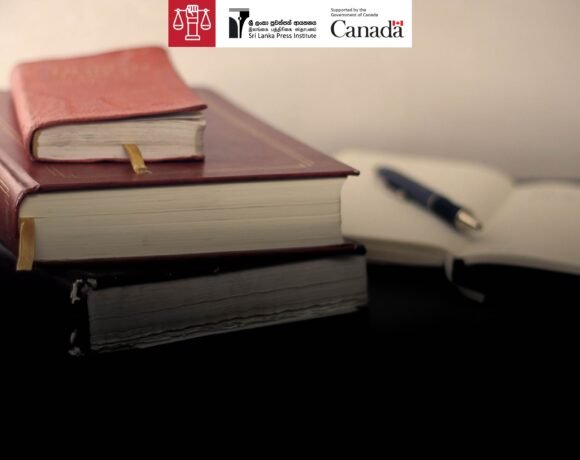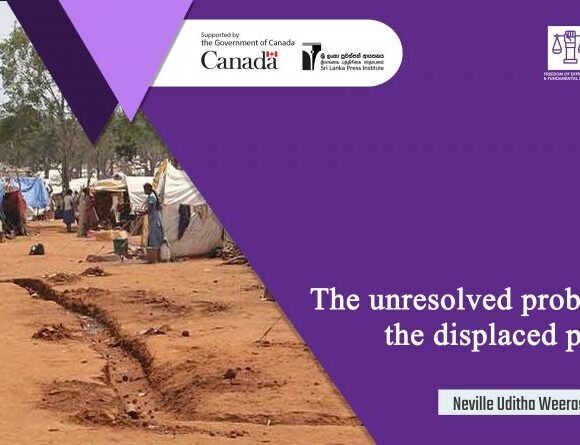Udeni Perera
From the moment a child is born into this world, he is socialized into the relevant social class. Child rights are upheld in almost every state for a child from birth to adulthood. Awareness of children’s rights is very important for a child to live safely and freely in such an environment.
The oldest legal system for the protection of children in this country was introduced in 1883. The most important and widely used ordinance in the country regarding the rights of the child is the Ordinance on Children and Adolescents enacted in 1999. (Children and young person’s ordinance No 48 of 1939)
The United Nations Convention on the Rights of the Child (CRC) adopted the Convention on the Rights of the Child in 1989, recognizing the need for a basic human rights system for the international recognition of a child’s childhood as a developmental stage. The same charter contains 54 articles, the first 42 of which define the child, the responsibilities of adults with regard to the protection of children and the rights of children. The remaining 12 clauses describe how a state that signs the Charter will enforce the Charter.
The Democratic Socialist Republic of Sri Lanka is committed to providing the rights enshrined in this Charter to children, and the Government is working to enact new legislation and amend existing laws to ensure the rights of the child and the wellbeing of children.
According to Sections 75 and 76 of the Penal Code, any act performed by a child under the age of 8 years and any act performed by a child between the ages of 8 and 12 without a properly developed level of intelligence is not considered a crime. Further, the abandonment of a child under the age of 12 by one of the parents or guardian is also a punishable offense under this section.
The Employment of Women, Youth and Children Act No. 47 of 1956 emphasizes that it is an offense to employ a child under the age of 14 years. Amendments have been made in this regard through the Parliament Act No. 8 of 2003. Many have been convicted of child labor by local courts for failing to comply with these laws.
The Penal Code No. 22 of 1995 is a special act which prescribes the maximum penalties as well as the minimum penalties for offenses of child abuse. The Act defines crimes such as child sexual abuse, child abuse, child molestation, child pornography or pornography, or possession of such pornography. Or distribution or aiding and abetting.
The Judicial Organizations (Amendment* Act, No. 27 of 1998) has removed the requirement for statutory rape or child abuse under the so-called preliminary evidence in litigation, which seeks to expedite child abuse cases, continuing to summon the abused child for his or her own testimony and minimizing the bitter experience he or she may have. Reporting to the police is mandatory, and violators face up to two years in prison.
Section 2 (a) of this Act also provides for begging and the hiring or employing of children for sexual intercourse as part of b(A*), c* Restrictions on Toxins, Opium and Dangerous Drugs Act Hiring or employing children for trafficking is an offense punishable by a fine and imprisonment.
The National Child Protection Authority is the state institution in Sri Lanka that advocates for the protection of children and the legal framework for children. This institution was established by the National Child Protection Authority Act No. 50 of 1998. Its activities include child abuse investigations and law enforcement, law revision, legalization of counseling services, provision of legal assistance, and public awareness at the national level. The National Child Protection Authority has established Child Protection Committees in districts such as Badulla, Kalutara, Gampaha, Colombo, Galle, Anuradhapura, Kurunegala, Hambantota, Ampara, Ratnapura, Jaffna and Kandy.
The Prevention of Domestic Violence Act No. 34 of 2005 provides assistance not only to children but also to anyone affected by domestic violence. Sub-section 2(b) of this Act provides that the child’s parents, guardians or neighbors may be produced on behalf of the child in case the victim is a child by the National Child Protection Authority established under the National Child Protection Authority Act No. 50 of 1998. A person authorized in writing can fill up an application as prescribed in the Act and lodge a complaint with the relevant Magistrate’s Court.
It is important to be aware of children’s rights to prevent the injustices, bullying and bullying that children face in their daily lives as they socialize to gain the responsibilities and experiences that children have as the future generation of a country.









